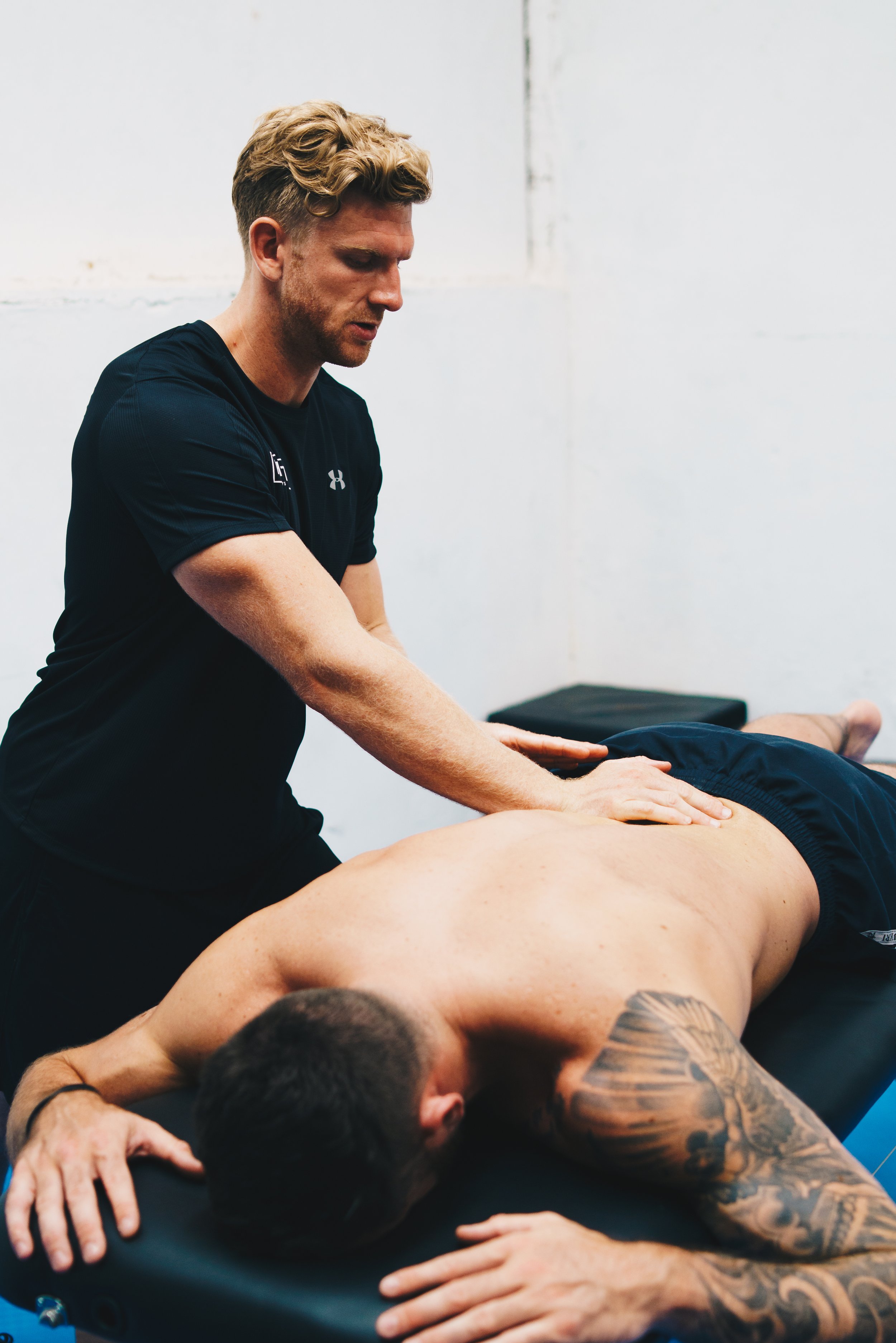Back Pain - Should I get an MRI?
We get asked this question a lot - should I get an MRI for my back pain?
Before we go into too much detail, you should know that there are situations in which MRIs can be helpful to diagnose more sinister and more serious back problems…
However for majority of our patients that come to us with back pain, an MRI will not be necessary.
An MRI can show us what structure may be irritated or injured but it doesn’t tell us HOW this is affecting your movements or HOW to solve this.
Our assessment technique at Fixit enables us to see you moving in all planes of movement and allows us to note how you load in these movements.
After this simple 10-20 minute assessment, we are able to identify your deficits and needs and give you a specific treatment plan.
Getting results from an MRI wouldn’t affect this plan at all. This is because we care more about how your pain is effecting your everyday life rather than what exact structure is causing your pain.
Therefore, we would recommend coming for a Physio assessment before you rush off to an MRI.
Often our pain perception can be heightened by our nervous system and with the right hands on and breathing techniques can help to calm down the initial bout of intense pain. This will save you time and money and will also help you to get started with your treatment plan sooner rather than later.
Once we reduce your pain then we can work towards building resilience and strength so that your pain doesn’t come back again.
In summary, if you have a new acute back pain or a chronic back pain, we suggest you come for an assessment and we can see how we can help you.
If you are noticing a combination of cauda equina symptoms such as: changes in bladder and bowel, numbness in the saddle area, weakness in legs or persistent bilateral leg pain, we would suggest speaking to your GP about an MRI referral.
We are more than happy to have a chat on the phone or arrange a Free Discovery Call if you would like some more information on how we can help you specifically.



